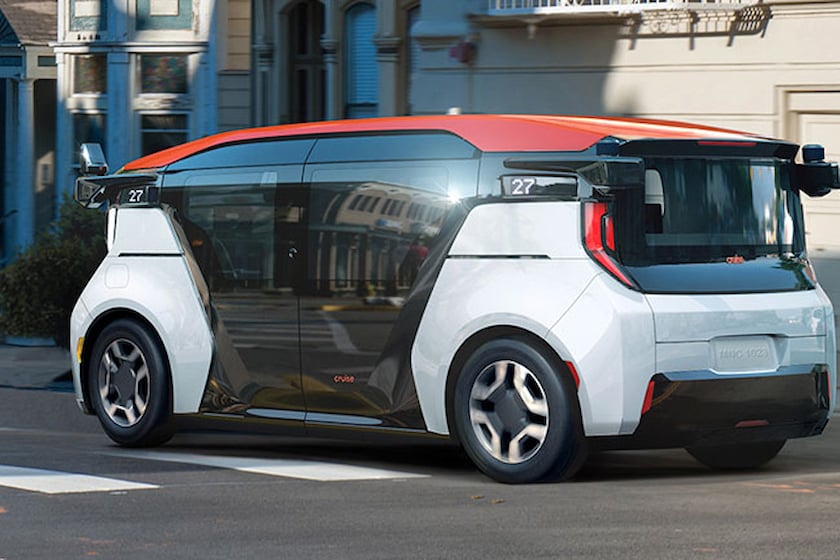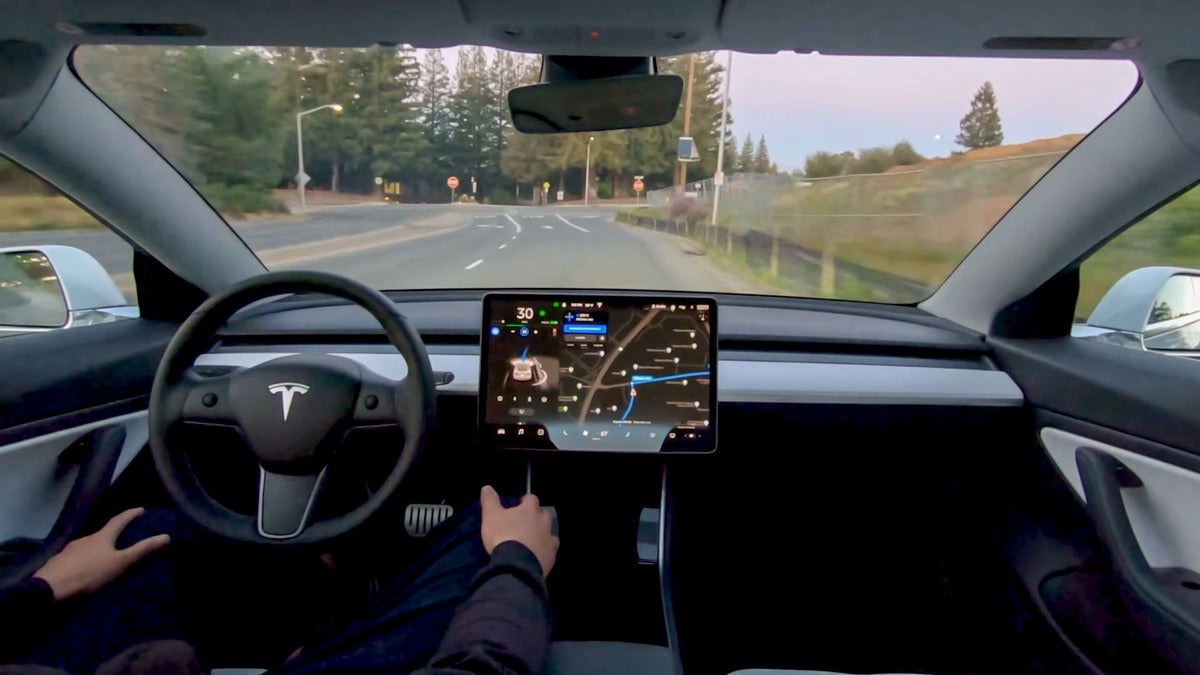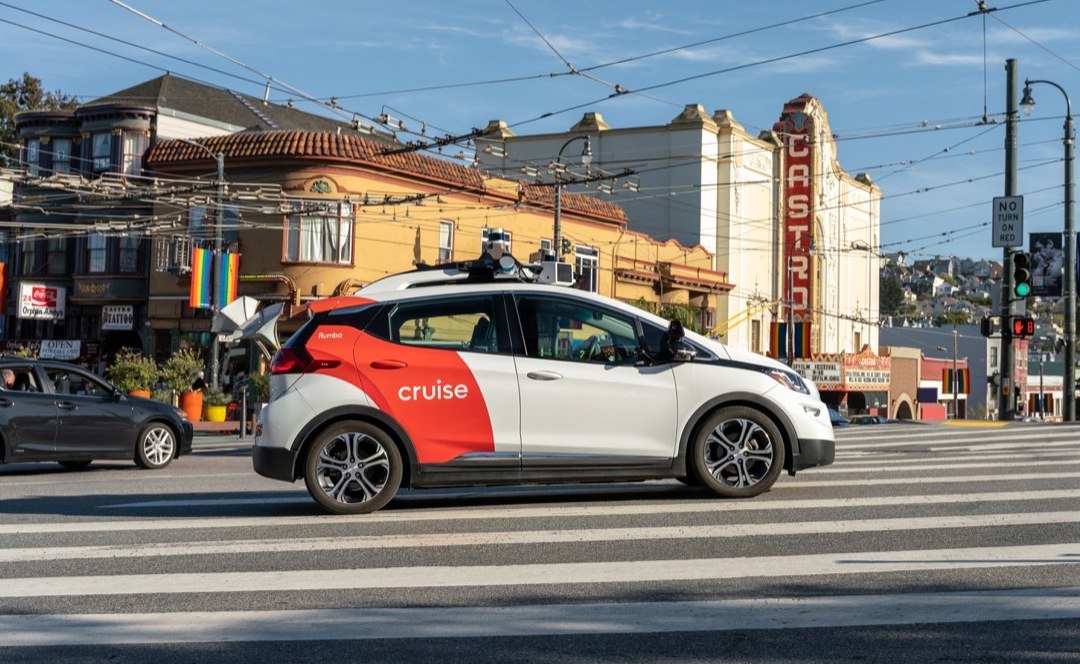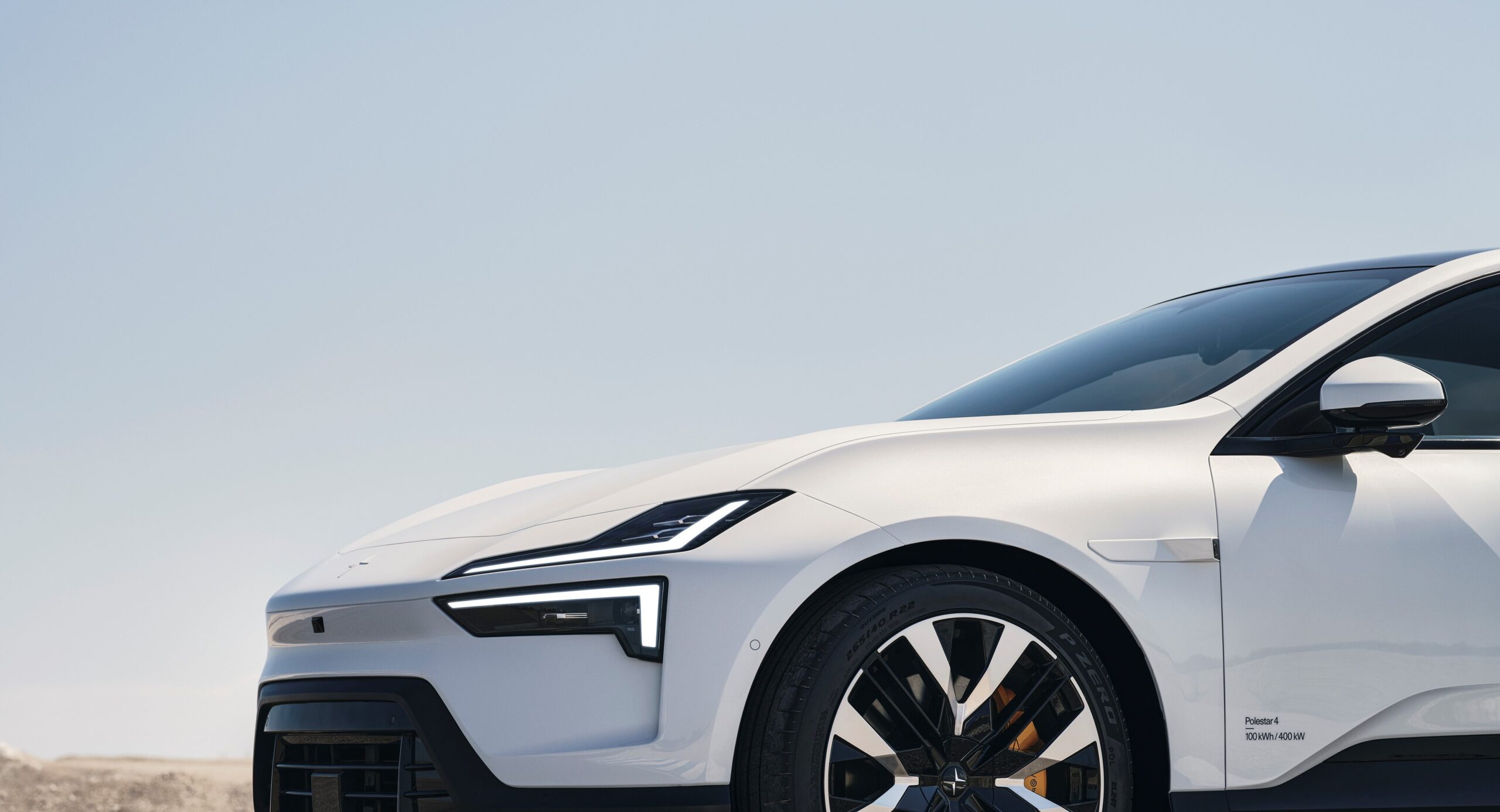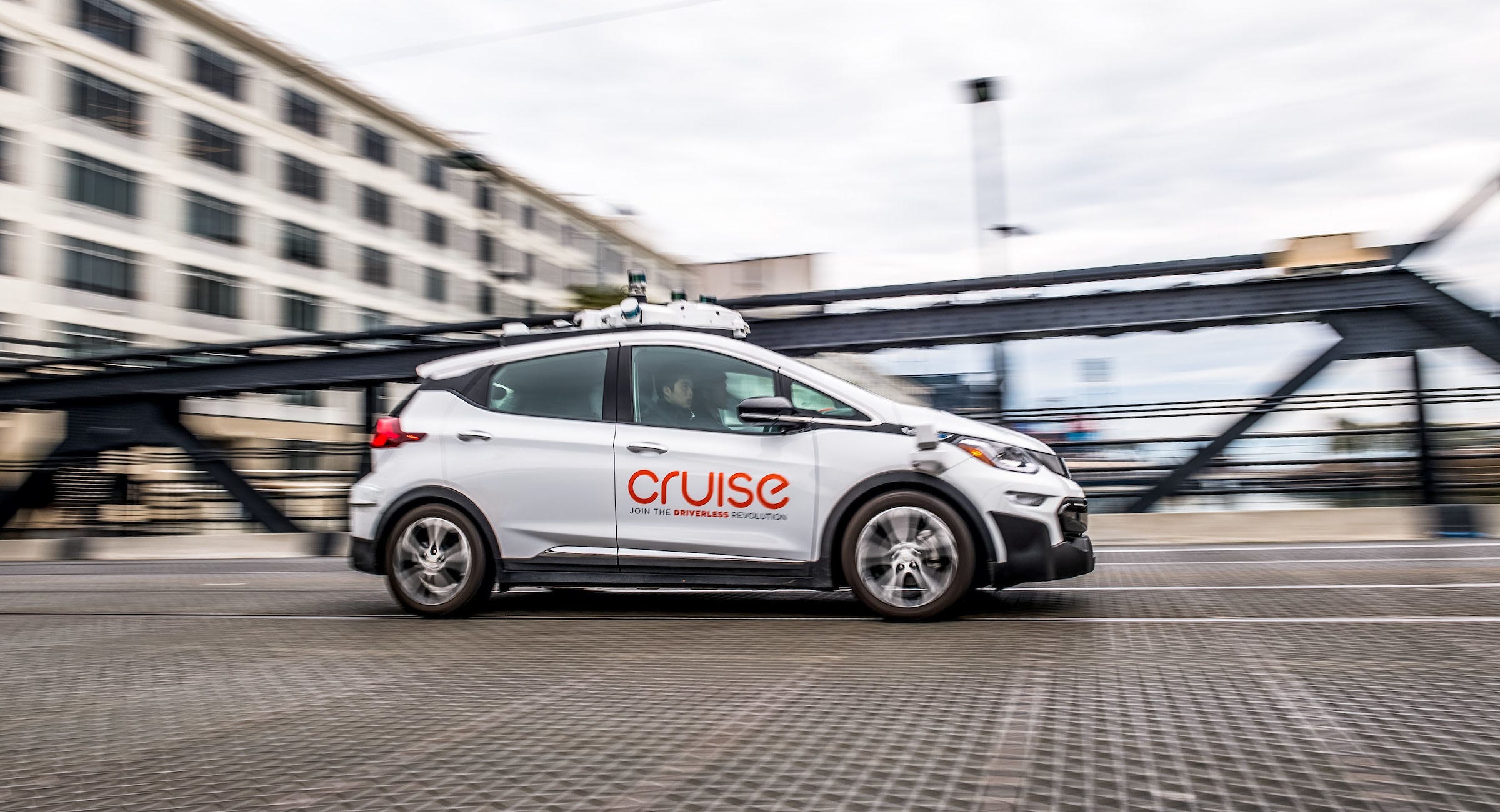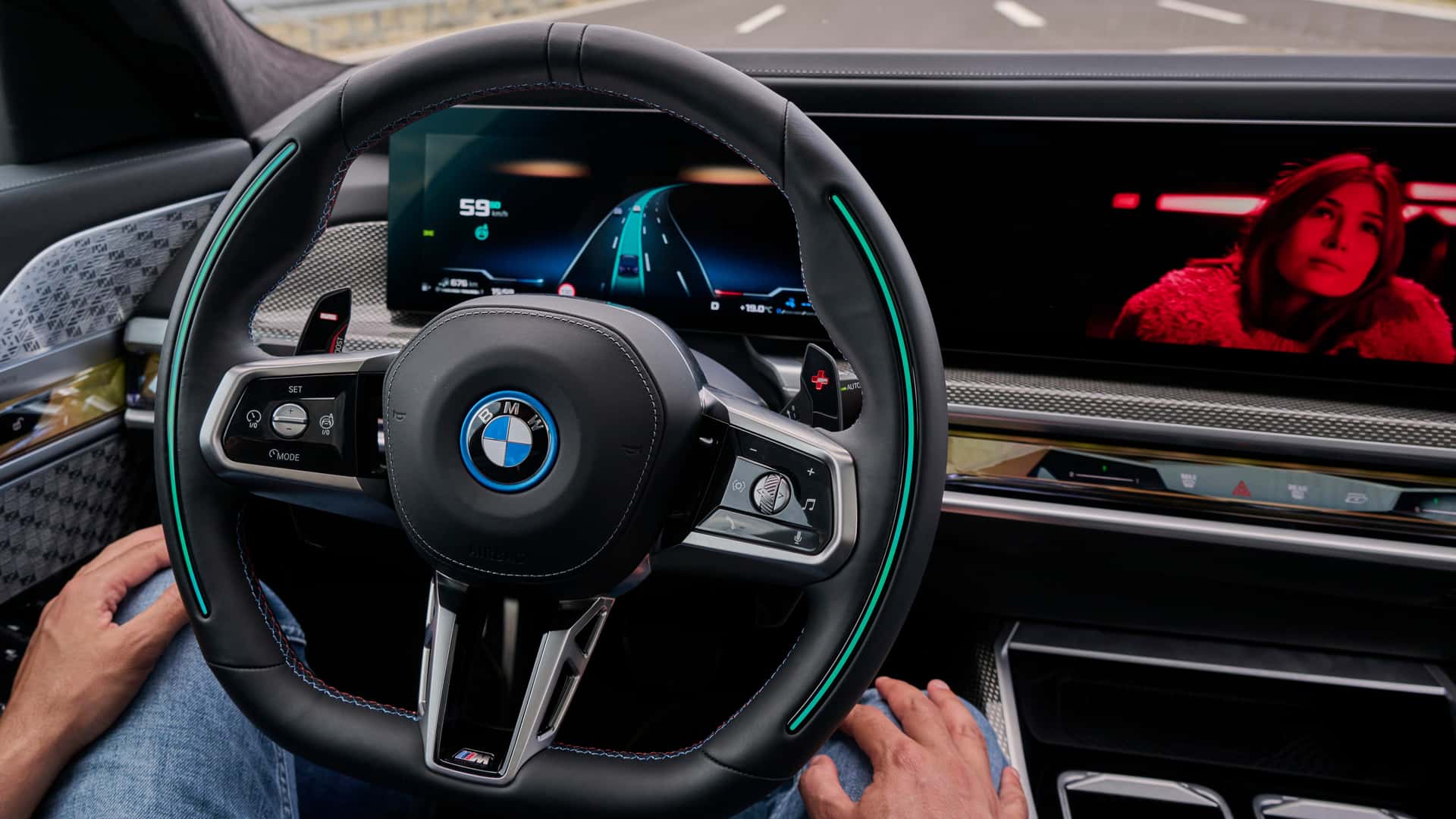Cruise, the autonomous vehicle (AV) division of General Motors, has found itself under the spotlight as it grapples with questions regarding the level of human intervention required in its self-driving vehicles (AVs). This scrutiny has resulted in the suspension of its permit by the California Department of Motor Vehicles (DMV). CEO Kyle Vogt has responded to these concerns, confirming that Cruise’s AVs rely on human assistance more frequently than previously indicated.
The New York Times report raised allegations that Cruise’s self-driving cars are not entirely autonomous and often require support from human operators, described as “remote assistants,” every 2-4 miles. Vogt, in an interview with Hacker News, validated these claims by stating that Cruise AVs indeed receive remote assistance in complex urban environments around 2-4% of the time. Cruise later provided additional context, explaining to CNBC that “remote assistance” sessions occur approximately every 4-5 miles. Vogt emphasized that many of these situations are resolved autonomously by the AV before human intervention becomes necessary.
Vogt clarified, “Of those interventions, many are resolved by the AV itself before human involvement is required, as the AV often proactively initiates actions before the need for assistance is certain. Numerous sessions involve brief confirmation requests (e.g., ‘Is it okay to proceed?’) that are resolved within seconds. Some scenarios take longer and may involve guiding the AV through challenging situations. Taken together, these interventions account for 2-4% of the time when the AV is operating in a driverless mode.”
This revelation comes in the wake of a recent collision involving a Cruise robotaxi, which resulted in the suspension of the company’s permits for operating fully driverless vehicles in California. State regulators cited concerns about the safety of Cruise’s self-driving technology and the company’s response to the incident.
In addition to addressing the human-assisted driving issue, General Motors has made the decision to temporarily halt the production of its fully autonomous Cruise Origin van. Vogt explained that the company has already manufactured hundreds of Cruise Origin vehicles, and the current inventory will suffice for upcoming testing activities. General Motors had previously sought regulatory approval to deploy up to 2,500 self-driving Origin vehicles annually without traditional human controls, including steering wheels.

